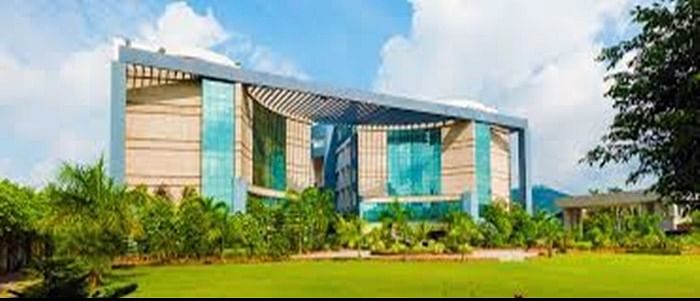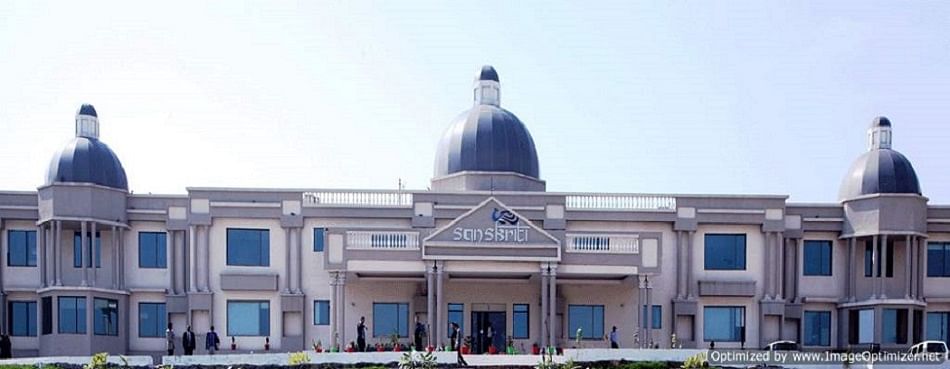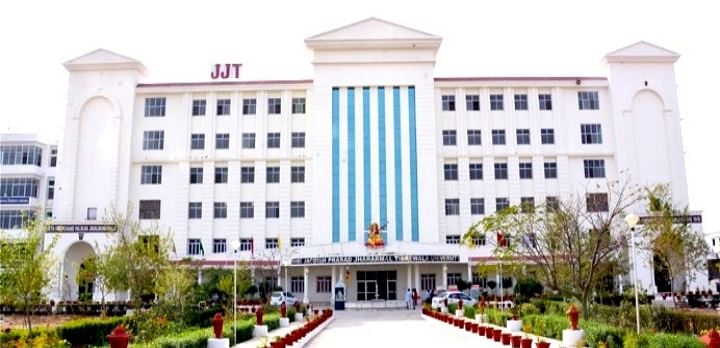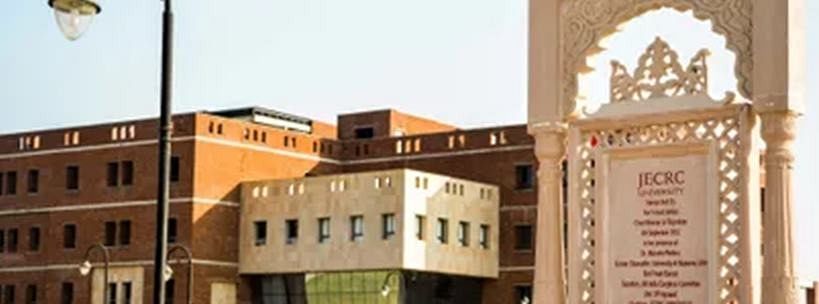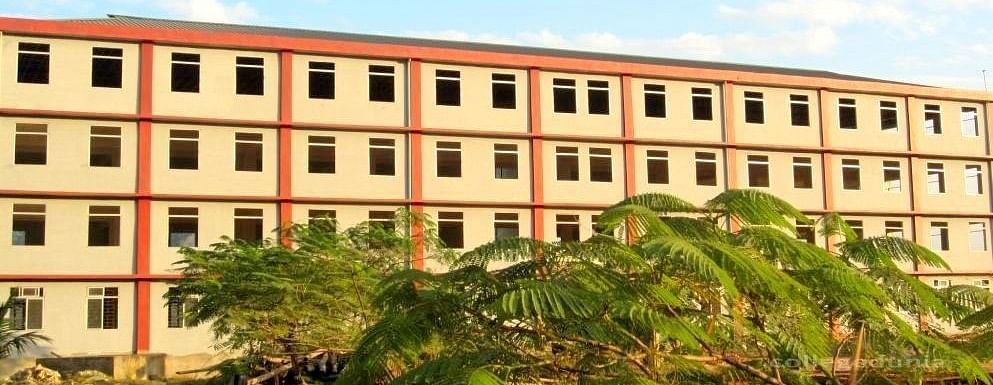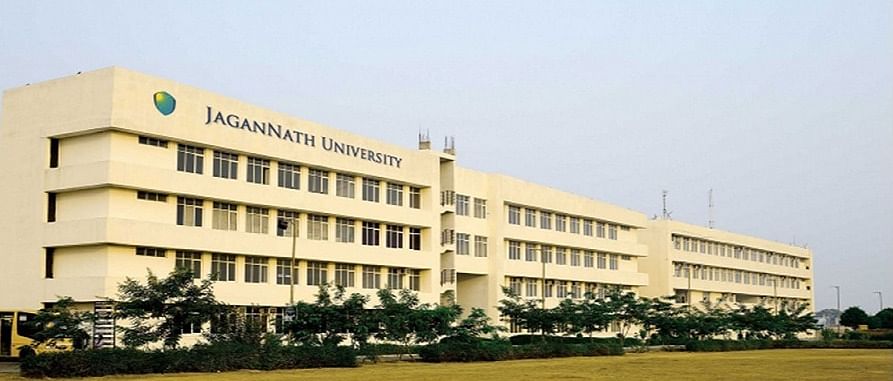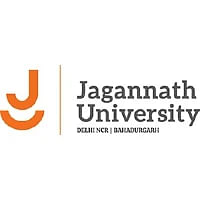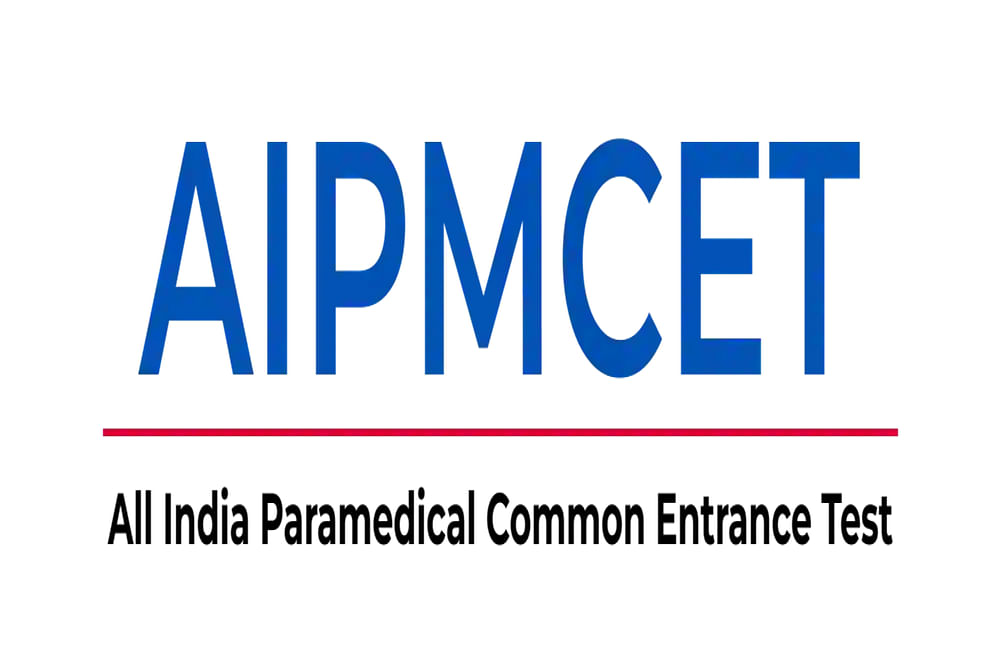BNYS Syllabus and Subjects

The BNYS syllabus aims to provide a comprehensive understanding of theoretical knowledge and practical training in naturopathy, yoga, and holistic health practices. The BNYS syllabus spans a period of 5.5 years including a mandatory internship of 1 year. The BNYS curriculum aims to equip students with the skills needed to promote well-being through natural healing modalities.
The important BNYS subjects commonly included in the currciulum are Anatomy, Physiology, Naturopathy, Yoga Philosophy, Nurtrition, Ayurveda, Research Methodologies, and more. After completion of the BNYS course graduates are prepared to practice naturopathic medicine, offer holistic health consultations, teach yoga, and pursue careers in various fields of healthcare.
Table of Contents
Semester Wise BNYS Syllabus
The BNYS syllabus focuses on studying the concepts of pharmacology, naturopathy, ayurveda, human anatomy, and community medicine. A mandatory internship is to be done at the end of the course. The semester-wise BNYS subjects list is given below:
BNYS 1st Year Syllabus
BNYS 1st year subjects cover the fundamental aspect of the course during one and half years. The following is the BNYS subjects list for the first year:
| BNYS Subjects 1st Year | |
| Anatomy – I | Anatomy – II |
| Physiology – I | Physiology – II |
| Biochemistry | Philosophy of Naturopathy |
| Principles of Yoga | Sanskrit (Non Exam) |
| Practical Work | Practical Work |
Practical Topics in the BNYS Syllabus
The practical topics in the first-year BNYS course syllabus are given below:
- Determination of albumin and urea in urine
- Demonstrate muscle testing and movements at joints
- locate the site for emergencies such as tracheotomy
- Practices leading to Dhyana Sadhana
BNYS 2nd Year Syllabus
The BNYS second year syllabus covers important topics such as Microbiology, Forensic Medicine, Yoga, etc. Listed below is the BNYS 2nd year syllabus.
| BNYS Subjects 2nd Year | |
| Pathology | Microbiology |
| Community Medicine | Yoga Philosophy |
| Basic Pharmacology | Colour Therapy and Magneto biology |
| Forensic Medicine Toxicology | Practical Work |
| Practical Work | - |
Practical Topics in the Second-year BNYS Syllabus
The practical topics under the second-year BNYS subjects are given below:
- Microscopes and Microscopy
- Sterilization and Disinfection
- Estimation of haemoglobin
- Collection of herbarium specimens from the field visits
BNYS 3rd Year Syllabus
The BNYS 3rd year syllabus covers important subjects such as Diagnostic Methods, Nutrition, Psychology, etc. Below listed is the third year BNYS syllabus.
| BNYS Subjects 3rd Year | |
| Manipulative Therapies | Acupuncture & Acupressure |
| Yoga & Its Applications | Nutrition & Medicinal Herbs |
| Diagnostic Methods - I (Naturopathy) | Diagnostic Methods -II (Conventional Medicine) |
| Psychology & Basic Psychiatry | Practical Work |
| Practical Work | - |
Practical Topics in the Third year BNYS Syllabus
The practical topics in the third-year BNYS syllabus are given below:
- Demonstration of Needling techniques and Electrostimulation
- Demonstration of equipment and instruments used for investigation in modern diagnostics
- Examination & drawing opinion from examination of Skeleton remains
- Modification of normal diet in consistency
BNYS 4th Year Syllabus
The BNYS 4th year syllabus focuses on topics such as Hydrotherapy, Clinical Naturotherapy, Yoga Therapy, etc. The BNYS fourth year syllabus is given in the table below.
| BNYS Subjects 4th Year | |
| Fasting Therapy & Dietetics | Obstetrics & Gynecology |
| Yoga Therapy | Hydrotherapy & Mud Therapy |
| Physical Medicine & Rehabilitation | First Aid & Emergency Medicine |
| Clinical Naturopathy | Research Methodology & Recent Advances |
| Practical Work | Practical Work |
Practical Topics in the Fouth-year BNYS Syllabus
The practical topics under the fourth-year BNYS subjects are given below:
- Clinical dissertation on any one disease involving multiple patients
- Analysis of Yoga Technique by Static Method
- Demonstration of various therapeutic effects, procedures, and treatments in Hydrotherapy during clinical classes at hospital.
- Demonstration of physical examination of ante-natal and gynecological cases
Note: Students can access to BYNS syllabus pdf by visiting the college website.
BNYS Subjects in Detail
BNYS subjects introduce students to a broad range of topics that focus on the varying theoretical aspects of Ayurveda and yogic science along with providing professional training. A detailed view of some of the BNYS subjects is given below:
| BNYS Subjects | Topics Covered |
|
Biochemistry |
Amino Acids, Peptides, Carbohydrates, Biological Oxidation, Purine & Pyrimidine Metabolism, Biochemical Genetics, Energy Metabolism |
| Microbiology | General Bacteriology, Immunology, Systemic Bacteriology, Parasitology, Virology, Mycology, Applied microbiology |
|
Yoga Philosophy |
Ancient Roots of Yoga, Definition, Buddhism, Nyaya, Vaisheshika, Sankhya, Mimamsa, Vedanta, Patanjali Yoga Sutras, Ashtanga Yoga |
|
Human Anatomy I |
Introduction to Anatomy, General Histology, Arthrology, Myology, Respiratory System, Cardiovascular System, Digestive System, Lymphatic System |
|
Human Anatomy II |
Osteology, Reproductive System , Endocrine System, Nervous System, Surface Anatomy, Gross Anatomy |
|
Community Medicine |
General Epidemiology, Genetics, Screening of Disease, Epidemiology of Communicable Disease, Demography and Health Planning, Environment and Health |
|
Pathology |
Cell Injury, Inflammation & Repair, Chronic Inflammation, Wound Healing, Immunopathology, Neoplasia, Disorders of RBC, Endocrinal Disorder |
| Fasting Therapy & Dietetics | Fasting : Indian & Western, Fasting in Animals, Classification, Duration, Purpose, Type, Dietetics Principles, Medical Value of Food, Natural Food & Health, Cooking Methods |
| Yoga Therapy | Introduction to Yogic Therapy, Role of Asanas, Yoga Therapy for Diseases, QRT, IRT, DRT, Yoga Teaching Methods, Stress Management |
| Physical Medicine & Rehabilitation | Exercise Therapy, Movement, Relaxation, Myofascial Release Therapy, Sports Medicine, Electrotherapy, IRR Therapy, UV Therapy, Laser Therapy |
| Clinical Naturopathy | Good Clinical Practice, Decision-making in Naturopathy, Screening and Prevention of Disease, Pathophysiology, Modes & Methods for Natural Rejuvenation |
|
Philosophy of Naturopathy |
Medical Profession & Medical Evolution, Human Body, History of Naturopathy & Philosophy of Naturopaths, Concept of Panchamahabhootas & Naturopathy |
BNYS Course Structure
The BNYS course structure is divided into various quarters in the 5.5-year duration. The 4 quarters and the 1 year internship period are structured to provide the students with an analytical and pragmatic understanding of the BNYS syllabus. The BNYS course structure is given below:
- Core subjects
- 4 Quarters
- 1st Quarter (1.5-year duration)
- 2nd, 3rd, and 4th Quarter (1-year duration each)
- One-year internship program
- Project submissions
BNYS Teaching Methodology and Techniques
The teaching methodology under the BNYS course focuses on imparting a variety of skills to its students in order to meet the medical and other professional demands of the working industry. The various teaching methodologies and techniques for the syllabus of BNYS are mentioned below:
- Academic Lectures
- Practical
- Research Methodology
- Real-Time Training Experience
- Working with Field Professionals
- Practicing Physiotherapeutic Methods
- Learning Healing Techniques
- Community Service Training Period
BNYS Projects
The BNYS syllabus also inculcates research projects as a part of its curriculum to test the understanding and skills acquired by the candidate in the 5.5-year duration. Listed below are some of the popular BNYS project topics:
- Pranic Healing and the Life-long Benefits on the Musculoskeletal System
- Disease Prevention and Management Through a Better Diet
- Cancer Treatment and the Usage of Mind-body Medicine
- Chinese Naturopathy and the Treatment of Infertility
- Diet Control and the Benefits of Anti-Aging
BNYS Reference Books
The BNYS books act as the foundational base for the understanding of various concepts in the field of naturopathy, ayurveda, and yogic science. BNYS first-year books are available in each discipline, either in hardcopy format or available online. Listed below are some of the popular BNYS books for reference:
| Name of the Books | Authors | Topics Covered |
| Textbook of Human Histology | Dr. Veena Bharihoke | Cell Structure, Tissues, Histology of Organs, Histopathology |
| Principles of Anatomy and Physiology | Grabovsky and Tortora | Anatomy, Physiology, Cellular Structure and Functions |
| Preventive Medicine | Dr. Yaspal Bedi | Epidemiology, Public Health, Immunization, Vaccination |
| Regional and Applied Anatomy | RJ Last | Anatomy of Human Body, Clinical Applications, Radiological Anatomy |
| Medical Hydrology | Sidney Licht | Principles, Therapeutic Applications of Water, Balneology and Spa Medicine |
| The Art of Tantra | Philip Rawson | History & Philosophy of Tantra, Tantric Rituals & Practices, Spirituality |
| Yogic and Tantric Medicine | OP Jaggi | Principles, Yoga Philosophy and Practices, Tantric Healing Techniques |
Top BNYS [Bachelor of Naturopathy and Yogic Sciences] Colleges
Top Medical Entrance Exams
BNYS Fee Structure
FAQs
What is the 1st year syllabus of BNYS?
The 1st year syllabus of the BNYS includes subjects like Biochemistry, Philosophy of Naturecure, Human Physiology, Human Anatomy, etc.
What are the core subjects of BNYS?
The core subjects of the BNYS syllabus are Biochemistry, Microbiology, Yoga Philosophy, Human Anatomy, Community Medicine, etc.
How are students evaluated in BNYS?
Students in BNYS are evaluated based on their performance in the written exams, practical assessments, projects, internships, and more.
What practical skills can I expect to gain during BNYS?
Students can expect to gain technical proficiency in areas such as clinical documentation, diagnostic skills, treatment skills, etc.
What are the hardest subjects in the BNYS syllabus?
The difficulty level of the subjects is determined by the interests of the students, however, some of the common subjects considered difficult due to their complexity include Physiology, Diagnostics, and Biochemistry.


